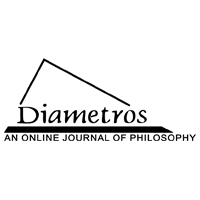Kant’s Model for Building the True Church: Transcending “Might Makes Right” and “Should Makes Good” through the Idea of a Non-Coercive Theocracy
Kant’s Model for Building the True Church: Transcending “Might Makes Right” and “Should Makes Good” through the Idea of a Non-Coercive Theocracy
Author(s): Steve PalmquistSubject(s): Epistemology, Philosophy of Religion
Published by: Instytut Filozofii Uniwersytetu Jagiellońskiego
Keywords: Immanuel Kant; church; theocracy; Religion within the Bounds of Bare Reason; might makes right; ethical community
Summary/Abstract: Kant’s Religion postulates the idea of an ethical community as a necessary requirement for humanity to become good. Few interpreters acknowledge Kant’s claims that realizing this idea requires building a “church” characterized by unity, integrity, freedom, and unchangeability, and that this new form of community is a non-coercive version of theocracy. Traditional (e.g., Jewish) theocracy replaces the political state of nature (“might makes right”) with an ethical state of nature (“should makes good”); non-coercive theocracy transcends this distinction, uniting humanity in a common vision of a divine legislator whose legislation is inward: the law of love binds church members together like families.
Journal: Diametros
- Issue Year: 2017
- Issue No: 54
- Page Range: 76-94
- Page Count: 19
- Language: English

